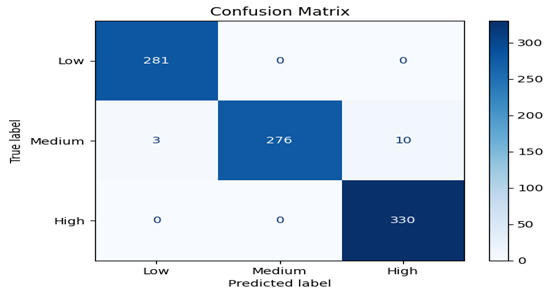PREDICTIVE MODELING FOR LUNG CANCER PROGNOSIS USING DEEP LEARNING
DOI:
https://doi.org/10.71146/kjmr509Keywords:
Predictive Modeling, Deep Learning, CNN, DenseNet, ResNetAbstract
Lung cancer is among the deadliest diseases, with a total of around 18.4 percent of all deaths associated with cancer all over the world. Early detection improves the survival rates, but conventional methods of diagnosis, e.g., chest X-rays and CT scans, are also highly disadvantaged. Such methods are also very expensive, in addition to being dependent on expertise; they also expose patients to radiation. To address these issues, the proposed study examines the application of deep learning methods, specifically, convolutional neural networks (CNNs), in building a learning model that would be able to classify the severity of lung cancer. Projected to be a hybrid between medical imaging and patient health records, the model has a goal to improve the precision of prognosis and differentiation. The model can be used to accurately diagnose patients undergoing treatment due to the considerable performance it achieves through rigorous testing with advanced deep learning architectures, such as DenseNet and ResNet, where it has superseded conventional diagnostic techniques. It has a staggering 99 percent accuracy in the classification of the severity, with high-risk cases having a recall rate of 97 percent, showing it has the potential for early detection. Although the results look encouraging, there are still challenges, e.g., imbalance of the data and complexity of interpreting the models. This study confirms the potential of deep learning to change the diagnosis of lung cancer, providing an opportunity to intervene with patients earlier and achieve improved outcomes. At the same time, these techniques still have to be perfected and refined, and further research is necessary to achieve that goal.
Downloads

Downloads
Published
Issue
Section
License
Copyright (c) 2025 Muhammad Faseeh-UR-Rehman, Rida Ali, Adeel Shahzad, Muhammad Fuzail, Naeem Aslam, Mohsin Ali Tariq (Author)

This work is licensed under a Creative Commons Attribution 4.0 International License.






